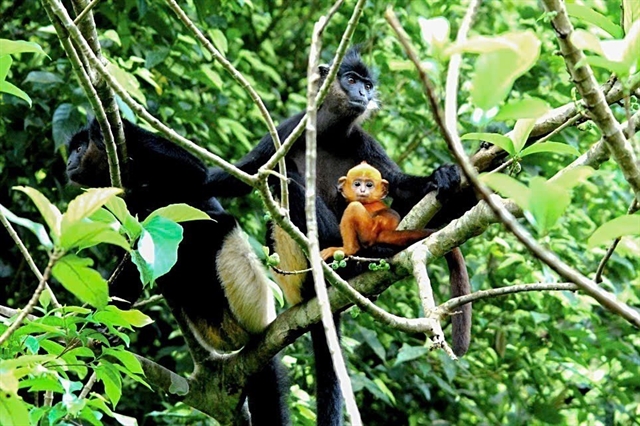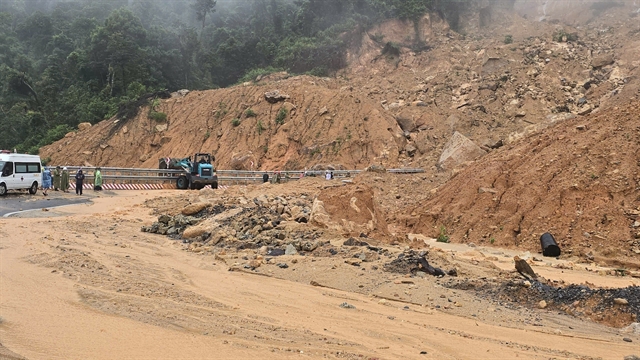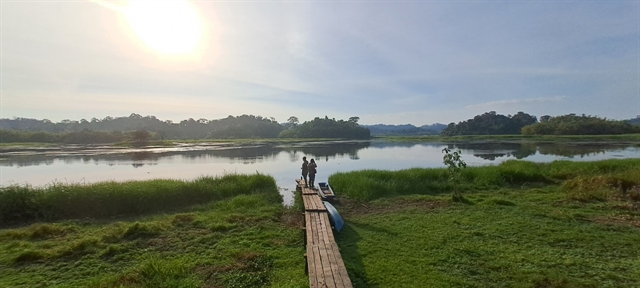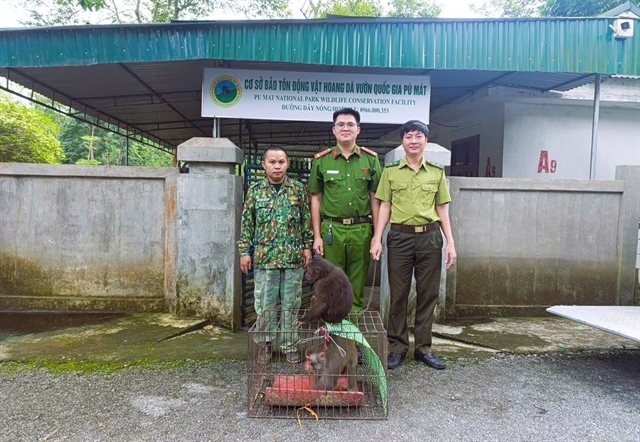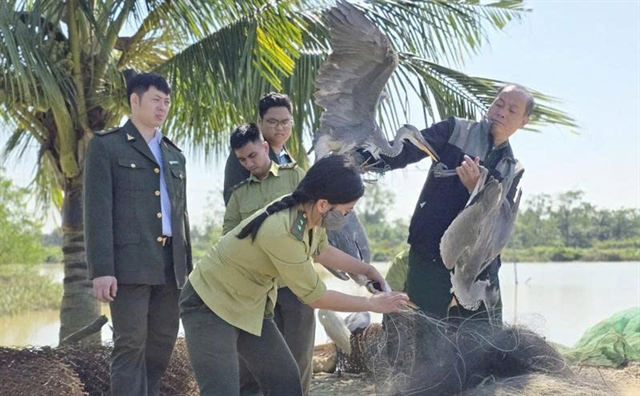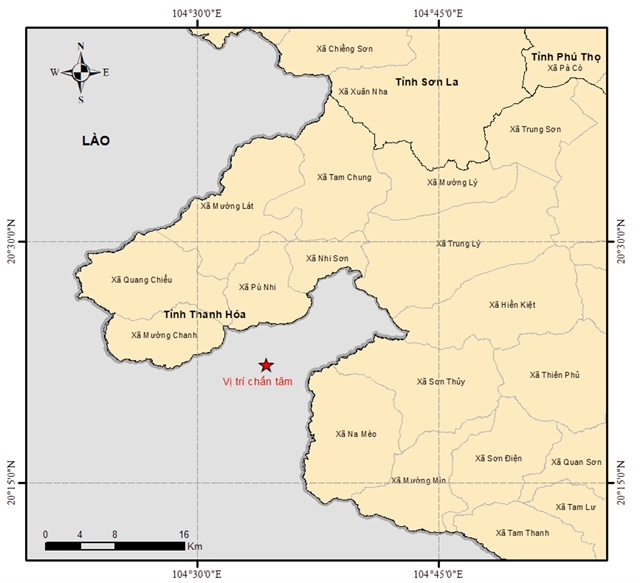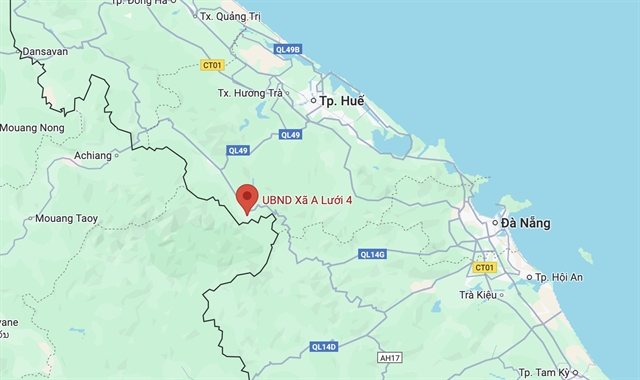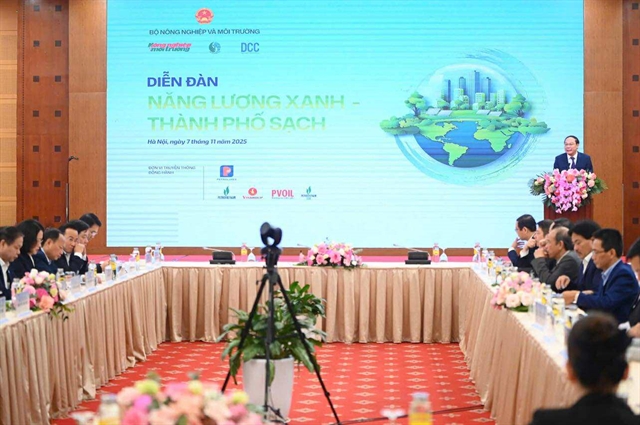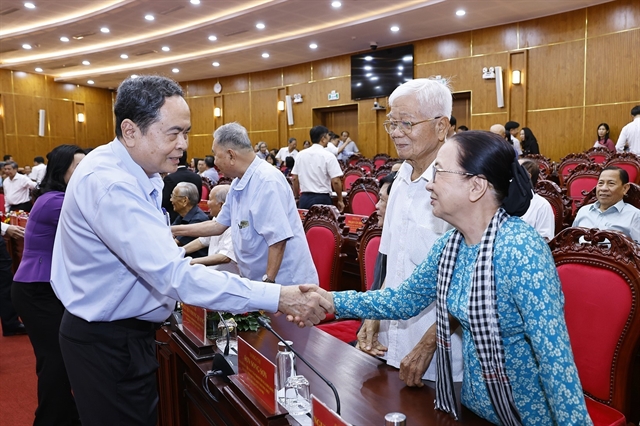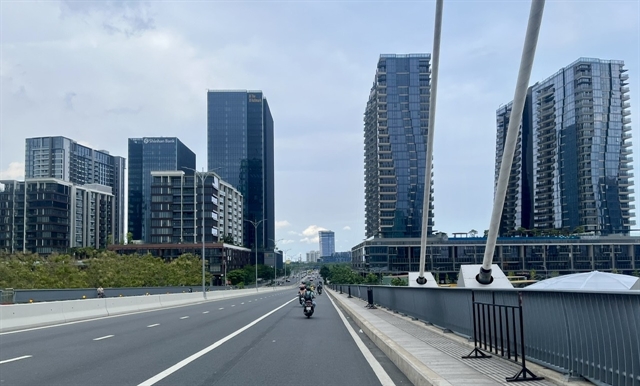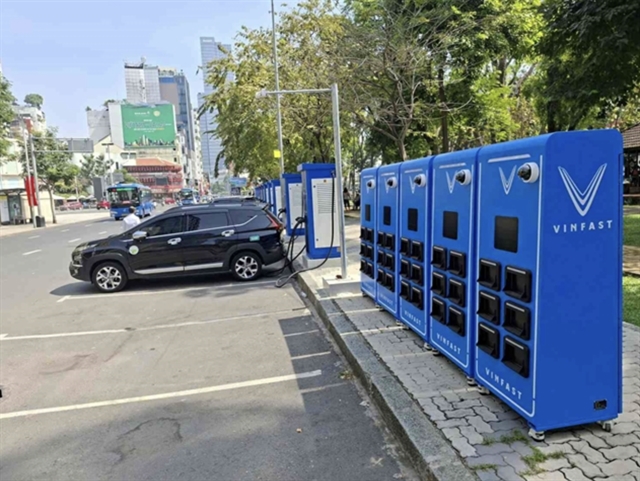
The 20th Conference of the Parties to the Convention on International Trade in Endangered Species of Wild Fauna and Flora (CoP20) addressed more than 120 key agenda items as nations discuss policies, finance, law enforcement and proposed amendments to the CITES Appendices, covering 51 species proposals and related annotations.

Vietnam is on alert as Storm Verbena strengthens over the East Sea, days after catastrophic flooding killed more than 100 people and inundated entire communities. Forecasters warn the system could intensify before sweeping toward the country’s central coast later this week.

Việt Nam has endured a brutal year of storms, floods and landslides, with over 400 people dead or missing and huge economic losses. Authorities warn the final months of 2025 could bring yet more severe weather.

Forecasts indicate that between the night of November 25 and the morning of November 26, the tropical depression will enter the East Sea.

Policies will also be introduced to encourage and support the transition of technology-based delivery and ride-hailing vehicles (shippers) to clean and green energy.

Lâm Đồng Province is implementing coordinated measures for marine conservation, protection and restoration of fisheries stocks and ecosystems.

Việt Nam ranks among the top 10 countries globally with the highest biodiversity, but significant challenges remain regarding the ecosystems and forest resources.

Central Vietnam reels from severe flooding and landslides after days of relentless rain, leaving seven dead, dozens injured and thousands of households cut off.

Việt Nam’s forests are among the world’s most biodiverse, yet wildlife remains threatened by habitat loss and snaring. A new WWF-Việt Nam survey, using 350,000 camera-trap days across 21 forests, reveals urgent conservation needs and signs of recovery.

Two rare macaques – a stump-tailed and an Assam macaque – were safely transferred to Pù Mát National Park on Thursday after being found in residential areas.

A joint task force uncovered more than 4,000 illegally kept animals in Phú Thọ Province and dismantled extensive bird-trapping sites in neighbouring Thanh Hóa.

The central city and the World Wide Fund for Nature (WWF) should look for a five-year co-operation in promoting nature conservation and building a ‘green and sustainable’ future, said Văn Ngọc Thịnh, CEO WWF-Viet Nam proposed at a working visit to the central city’s people’s committee.

According to the Institute of Earth Sciences, the earthquake had a magnitude of 4.8 and a focal depth of about 10km, classified as level one on the five-level natural disaster risk scale.

The Ministry of Agriculture and Environment said the move aims to tighten control over vehicular emissions, one of the main causes of urban air pollution, thereby protecting public health and improving environmental quality.

All 191 iguanas, identified as administrative violation evidence, were temporarily transferred to the Hòn Me Wildlife Rescue Station in An Giang for proper care and monitoring while the case is under investigation.

HCM City authorities on Sunday proposed a VNĐ9.2 trillion (US$370 million) project to dredge and upgrade the Bà Lớn Canal, one of the city’s seven key drainage arteries, as flooding and pollution intensify across southern areas.

Việt Nam’s north and central regions experienced light tremors on Friday, with scientists attributing them to normal movement along active fault zones.

The Ministry of Agriculture and Environment is finalising a roadmap to implement emission standards for circulating motorcycles and mopeds.





